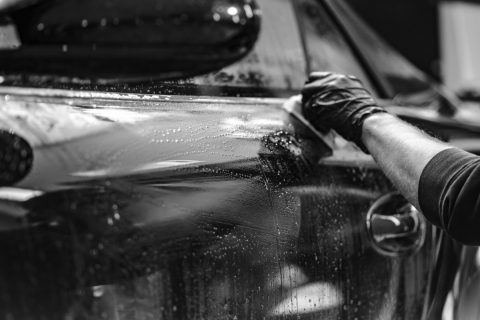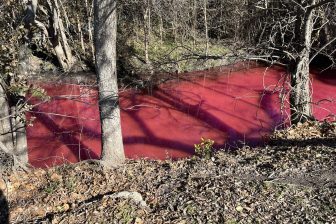
British public warned to look out for modern slavery in car washes
The Responsible Car Wash Scheme aims to combat labour exploitation in British hand car washes. The scheme was featured in the BBC flagship programme, Crimewatch Live, this week. The programme outlined how members of the public can spot signs of abuse and malpractice and help in the fight against them.
Spokespeople from the Gangmasters and Labour Abuse Authority (GLAA) and The Clewer Initiative also appeared on the show to explain the issues with some hand car washes. These include nonpayment of the national living wage, health and safety breaches and, in some cases, modern slavery. They also detail their initiatives to ensure that hand car washes are law-abiding, responsible businesses.
Teresa Sayers, managing director, RCWS says: “Potential indicators of worker exploitation include low cost of a wash, cash-only payment options and a lack of protective equipment and clothing being used by workers. We ask car owners and drivers to choose responsible car washes that offer a fair wash. That means looking after their workers, protecting the environment, caring for their customers and trading legally. Operators that meet our RCWS
standard will display the RCWS logo.”
Informed decision
Darryl Dixon from the GLAA says: “We want to help the public make informed decisions about where they take their cars to be washed. There is a clear choice between using a fully compliant operator that has been through the RCWS accreditation process and verified by audits and spot-checks, and one that simply has not.”
Caroline Virgo, Director of The Clewer Initiative, says: “One easy way for members of the public to be on the alert is to download The Safe Car Wash app. It’s really quick and easy to use – it asks a series of questions related to signs of modern slavery and helps the user know if they should get in touch with the Modern Slavery Helpline. The app has received 7500 reports of exploitation concerns and 47% of these have gone through to the helpline.”
The flagship programme was filmed in Cheshunt, Hertfordshire at Waves car wash. Waves is located in the Tesco Extra car park and is one of the first car washes in the UK to be accredited by the RCWS.
These are the signs to look for:
- A suspiciously low cost: anything under £9 is unlikely to be viable if workers are receiving the national living wage.
- A request for cash only and a refusal to accept other methods of payment.
- A lack of protective clothing and equipment: for example, operatives should be equipped with gloves and waterproof shoes.
Also read:



